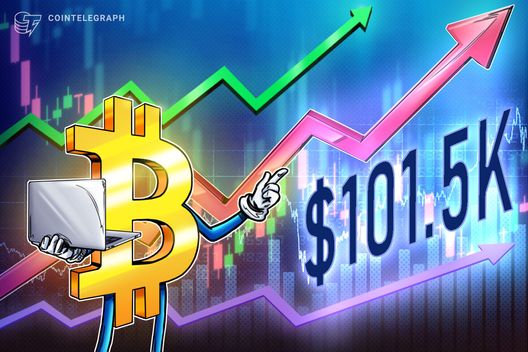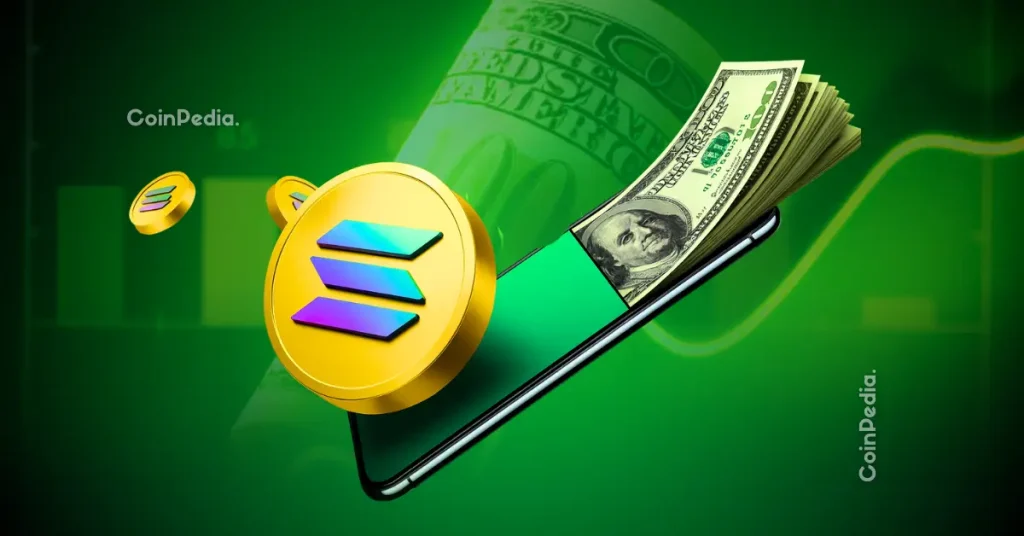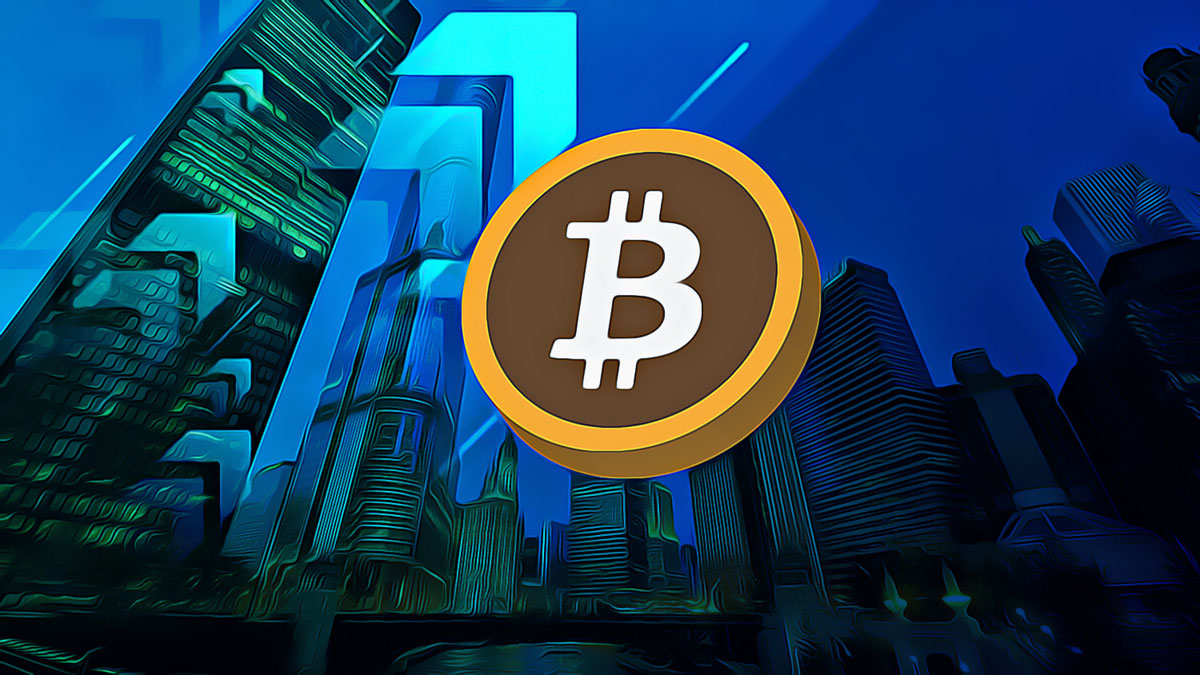In a monumental move shaking the foundations of the finance sector, Ripple has acquired GTreasury, a leading global treasury management firm, for a staggering $1 billion. This noteworthy acquisition signifies Ripple’s strategic shift from providing payment solutions to becoming a pivotal entity in institutional liquidity management, thus reshaping its role in the financial ecosystem.
How Does GTreasury Integration Benefit Ripple?
With GTreasury’s vast network spread across 160 countries and its service to over 1,000 large companies, Ripple aims to integrate its XRP Ledger and RLUSD stablecoin into these treasury systems. The incorporation extends Ripple’s capabilities from simple cross-border transactions to comprehensive financial services, including capital management, short-term investments, and risk mitigation.
Corporate treasuries are crucial for managing financial flows and investments, yet they have suffered from outdated infrastructures. Ripple’s blockchain technology will enable real-time liquidity management, transforming these traditional systems. The integration promises instant global transactions using XRP and RLUSD, along with real-time cash flow optimization and management of digital assets, adhering to GTreasury’s existing compliance standards.
What Does This Mean for XRP’s Market Standing?
This development positions XRP as a core component of the financial landscape. Renowned market expert X Finance Bull emphasized that,
“XRP is no longer a speculative asset; it is becoming part of the global financial infrastructure.”
Analysts foresee short-term XRP prices soaring to $2–3, with optimistic long-term projections reaching up to $1,000.
Despite these prospects, corporate usage of XRP can substantially enhance transaction volumes and increase token burning rates, reducing its supply and potentially boosting demand. Companies might start holding XRP as a reserve asset, affecting its market supply and demand dynamics.
Adoption of blockchain technology in corporate finance isn’t instantaneous. Full integration requires thorough compliance, risk assessments, and policy changes. However, post-lawsuit clarity with the SEC affords Ripple a regulatory advantage, facilitating a quicker transition.
Ripple’s steps align with industry trends where major initiatives like JPMorgan’s Onyx and PayPal’s PYUSD are bridging traditional finance with blockchain technology. Such strategic moves are crucial in redefining financial operations for the future.
By securing GTreasury, Ripple broadens its influence and sets blockchain technology as a cornerstone of corporate finance. While a $1,000 valuation for XRP seems ambitious, the strategic acquisition poises Ripple to play a significant role in global financial transactions moving forward.
Disclaimer: The information contained in this article does not constitute investment advice. Investors should be aware that cryptocurrencies carry high volatility and therefore risk, and should conduct their own research.
















 English (US)
English (US)